At Charity Challenge, we are proud to share with you Wellbeing in the Wilderness, a ground-breaking new initiative created by Global mental health expert Thomas Duncan Bell, known by many as The Bipolar Businessman, and Geoff McDonald, former VP of HR for Unilever, who have teamed up with Simon Albert, Managing Director of Charity Challenge; with the aim to assist and enable business leaders and their teams to better understand and confront the issues surrounding mental ill health.
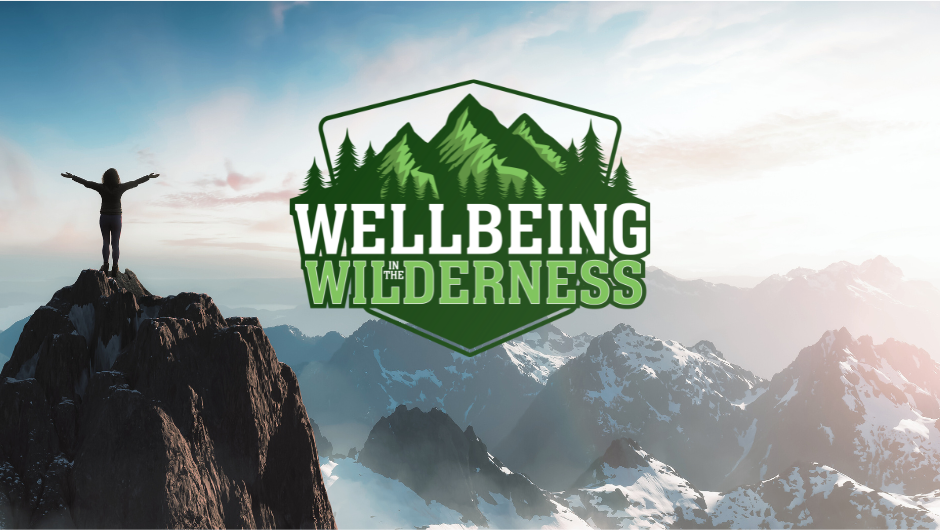
What is Wellbeing in the Wilderness?
Wellbeing in the Wilderness is a series of life changing charity challenges for business leaders and their employees, delivered in iconic global locations by an award-winning team with incredible outcomes.
The focus is on enhancing your own individual physical and mental wellbeing whilst undertaking a challenging trek and addressing the importance of improving wellbeing at work in a bid to create healthier and more productive workplaces.
One of the keys outcomes is for all the participants to become agents for change back in their workplace, and to create workplaces where people can talk more openly about their mental and emotional wellbeing, as well as raising some money for a charity of their choice.
Mental ill health is the leading cause of workplace absence in the UK. The total cost of staff mental health problems to UK employers is estimated to be between £42 billion and £56 billion annually each year, and this is nearly double what it was 5 years ago. Addressing employee wellbeing is the single most effective tool to reduce absenteeism, improve presenteeism and staff retention and increase productivity.
“The most limiting factor of any business is the energy of its people. Today’s workplaces are fast paced, high pressured, and energy sapping. Businesses need to focus on strategies to energise their staff, not drain them of their energy.” said Geoff McDonald after returning from the Indian Himalayas where he provided wellbeing workshops for a group of senior leaders and their employees from a large financial institution.
Challenges
Wellbeing in the Wilderness is bursting with action-packed itineraries across dozens of destinations around the world, including: The Sahara Desert, Indian Himalayas, Great Wall of China, Atlas Mountains in Morocco, Machu Picchu, Icelandic Lava Fields, Petra in Jordan and many more.
“These challenges can be life-changing not only for the individuals who take part, but their colleagues, their families and friends, and their organisations as a whole. It’s an incredibly inspiring and fulfilling process to be a part of,” said Simon Albert, who has been organising challenge events globally for more than 26 years, raising over £91,000,000 for charity.
Each itinerary is designed and adapted to the specific needs of any business. Typically, most trips will last between five and seven days, with every aspect designed to improve employee wellbeing and as such create energised, healthier and more productive workplaces.
In addition, the trips inspire individuals to return to their workplaces as agents of change in addressing the stigma of mental ill health. Regardless of destination, each trip will feature:
- Inspiring physical challenges
- Spectacular scenery
- New cultural experiences
- A mental health support plan
- Workshops and talks from expert wellbeing specialists
- Education on energy & wellbeing

Energy & wellbeing – A performance driver
One of the most limiting resources in organisation today is the energy of their people. Energy is a critical driver of individual, team and organisational performance. More and more, organisations are recognising the importance of the energy of their people as a performance enabler. The better people’s needs are met, the more healthy, happy, engaged, productive, and loyal they become. Take care of them, and they’ll take care of the business.
As well as creating agents for change, another one of the key outcomes of our Wellbeing in the Wilderness challenges is that we want to try and enhance the wellbeing of all those who participate in a challenge.
But what do we mean by wellbeing? What we mean by wellbeing, and a lot of our thinking around wellbeing is very much informed by the Warwick Edinburgh Wellbeing Index. And this encapsulates four guiding factors.
Physical Wellbeing
- Our wellbeing is driven by our Physical Wellbeing, which in many ways is maintained by sleeping well, being active, eating and drinking well, and, really importantly, learning how to recover. Taking moments out of our day every 2 hours to just have a recovery break. Maybe just 5 minutes to stand in the daylight and recover, listen to our music – just build that into our every day. Being active, going for a walk, maybe going for a run, walking up or down an escalator, eating and sleeping well. These are all critical elements of physical wellbeing.
Emotional Wellbeing
- The next element of our wellbeing is our Emotional Wellbeing, and what we mean by emotional wellbeing is our feelings. We have all sorts of feelings, from feeling anxious to sad to happy and content. One of the key drivers of our emotional wellbeing and feelings is our ability to connect with friends and family. It’s all about relationships and maintaining good meaningful relationships with one another. Meaningful connection is really important in maintaining good emotional wellbeing, together with financial security.
Mental Wellbeing
- Then we have our Mental Wellbeing, which is more around our cognitive ability, to think in a rational way, concentrate and make good judgement and decisions. Often building that cognitive ability by learning something new is a critical driver of our mental wellbeing.
Spiritual Health
- And then finally at the apex we talk about Spiritual Wellbeing, which is more a sense of purpose and meaning. Just being kind to somebody might be a good expression of this. It was Mark Twain who once said, “the two most important days in your life are the day you were born and the day you find out why”. Therefore, trying to get an answer to that question, finding a sense of meaning for each day of your life, is a very important driver of our overall wellbeing.
So mental wellbeing is absolutely important, but we can’t have good mental wellbeing without good physical, and emotional wellbeing, or that sense of purpose. It might be as simple as just a random act of kindness, as you live out that sense of meaning.
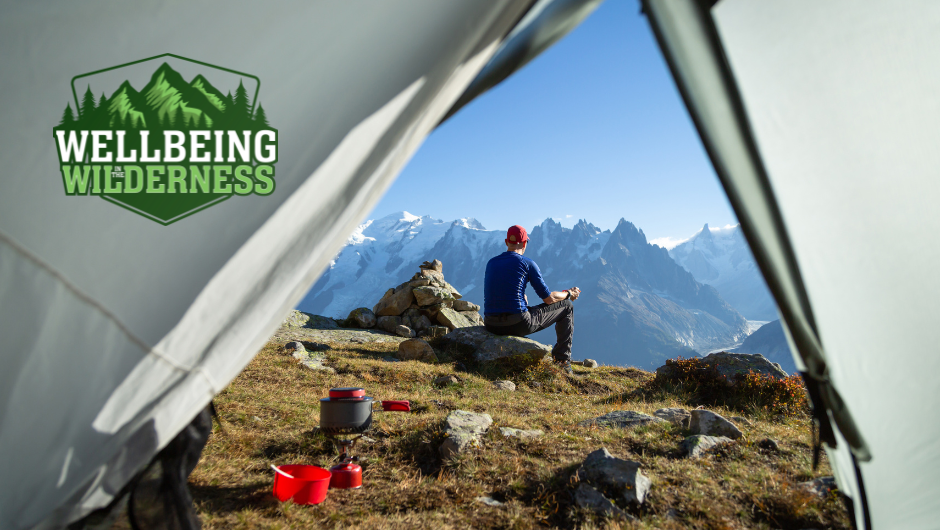
Why join a Wellbeing in the Wilderness challenge?
Whether trekking through the jungle in Cambodia or the Andes Mountains in Peru, these unique events are the ultimate retreat for business leaders and their employees with time and space for creative and strategic thinking. It’s not time away from the business, but time away from distraction.
“Companies have a duty of care to support and look after the mental wellbeing of their employees. Not only because the commercial benefits of a healthier workplace are clear, but because it’s absolutely the right thing to do!” Brian Heyworth, former Global Head of Client Strategy at HSBC and Chair of the MindForward Alliance.
UK employers are estimated to lose £103 billion annually due to employee sickness, with this figure increasing by £30 billion since 2018. This “hidden cost” of sickness includes the cost of presenteeism, where ill employees are at work but less productive, as well as lost workdays from actual absence. The cost of staff turnover due to poor mental health in the UK increased to approximately £22.4 billion in 2021, an increase of over 150% in the three years prior to that year. This figure accounts for the expenses associated with replacing employees who leave their positions because of mental health issues.
Fortunately, the tide is now turning, with many businesses waking up to the huge toll that poor mental health can take on employees, employers and businesses overall. Study after study has proven that exercise, engagement with nature and social interaction also have a positive impact on physical and mental wellbeing. All of these are integral to the Wellbeing in the Wilderness methodology.
Through a series of informal workshops on a Wellbeing in the Wilderness challenge, specialist mental health and wellbeing experts and speakers will provide a safe environment in which to introduce and discuss the importance of recognising and addressing the stigma of mental ill health, energy and wellbeing.
Where traditional workshops may be delivered in a training room at the office, sandwiched in between meetings and other distractions, these sessions allow participants to fully immerse themselves in the subject, with time to engage around the campfire or dining table afterwards, and throughout the following days. It all starts with a conversation, and the challenges provide focused time to do exactly that.
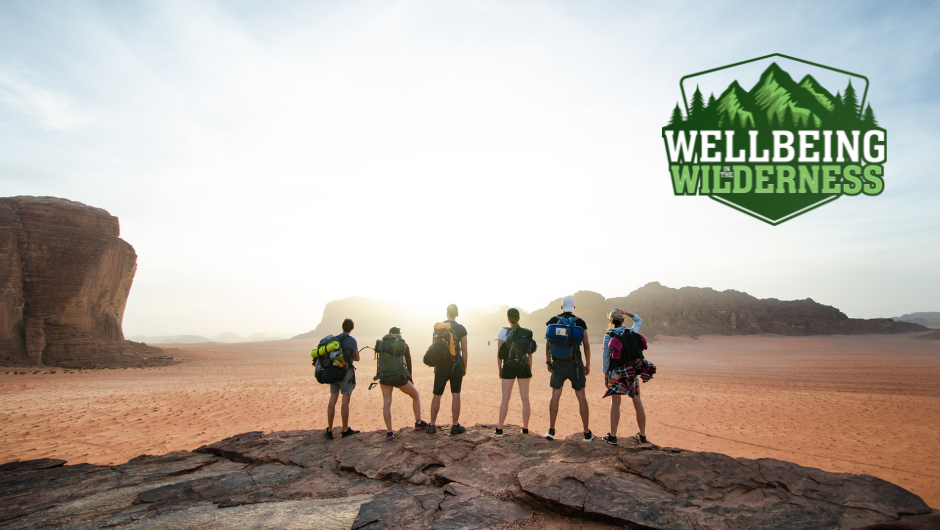
Participant Benefits
Research has proven the massive benefits to physical and mental wellbeing that are derived from:
- Feeling more energised.
- Reduced stress levels.
- Reduced absenteeism.
- Increased self-esteem.
- Sense of belonging and self-worth.
- Having a sense of purpose and meaning.
- Feeling happier.
- Better outlook on life.
- Pride in helping others.
- Improved lifestyle.
- Increased exercise.
- Improved diet and weight loss.
Wellbeing in the Wilderness challenges combine all of these elements, leading to substantially improved wellbeing. Not only will this positively impact the participant’s individual physical and mental wellbeing, but also their leadership outlook and the relationship with their teams and colleagues.
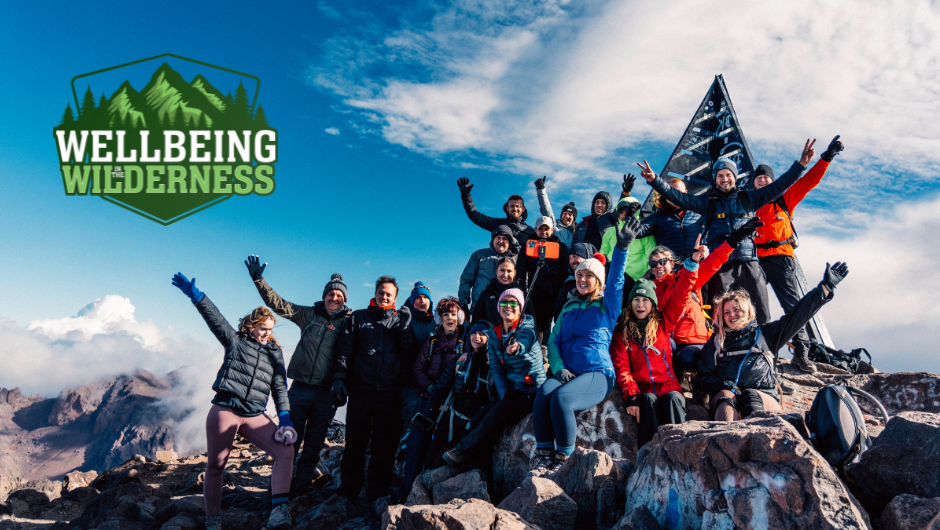
Business Benefits
It can be a game changer for the business, from both a human and commercial perspective, with impact way beyond the life of the trip. Impacts include:
- CSR – Wellbeing in the Wilderness provides you with a means to action your company’s corporate social responsibility policy, while developing your greatest asset: your people.
- RELATIONSHIPS – Working together to deal with the obstacles that arise, whether it be the extreme climate, high altitude or physical exertion, participants are pushed to their limits and learn a lot about themselves and each other whilst away. Participants often form strong relationships having achieved a common goal together.
- PR – The challenges provide an incredibly powerful opportunity – internally and externally – to communicate how you are executing the company’s mission and values.
- REPUTATION – Returning enthused, your staff will filter back their experiences to their colleagues. These passionate testimonials are a great and authentic way to enhance your reputation both internally and externally.
“Increasingly leaders in business and their teams are recognising the importance of creating mentally healthy workplaces. Enabling people to get together off site to focus on this important topic in an inspirational environment is worthy of some creative thinking which will pay great dividends.” – John Binns, MBE, former Vice Chair of Mind UK and Non-Executive Director of MindForward Alliance
Reducing the stigma of mental ill health all starts with a conversation, and these challenges provide focused time to do exactly that. Bespoke wellbeing and leadership workshops each evening will inspire and equip employees to become agents of change for mental and emotional wellbeing in the workplace.
For more information on Wellbeing in the Wilderness please visit www.wellbeinginthewilderness.com or email contact@wellbeinginthewilderness.com.


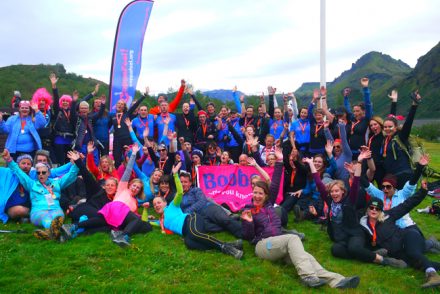

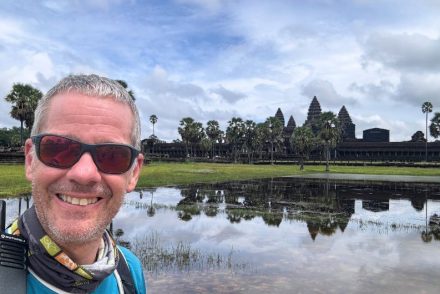

No Comments